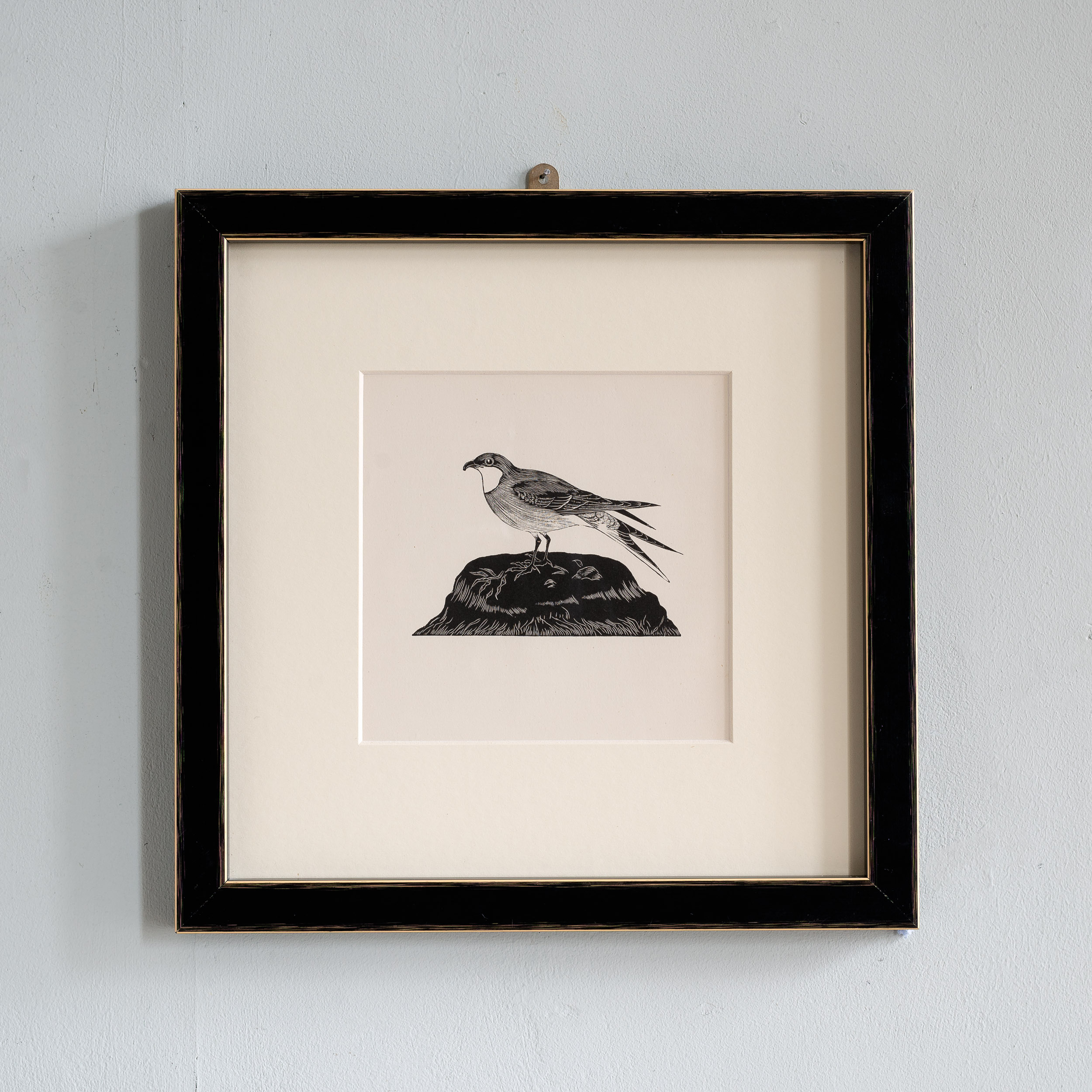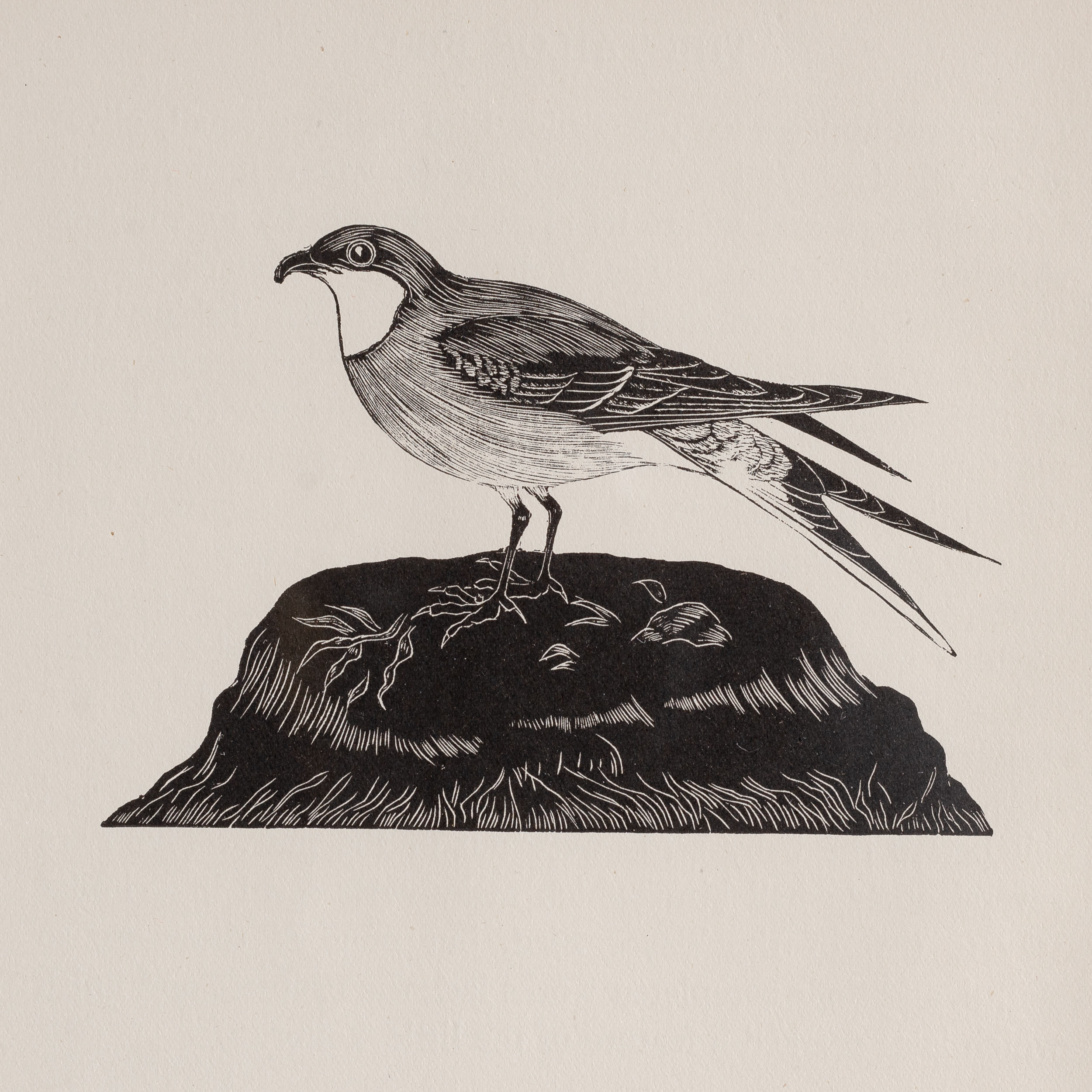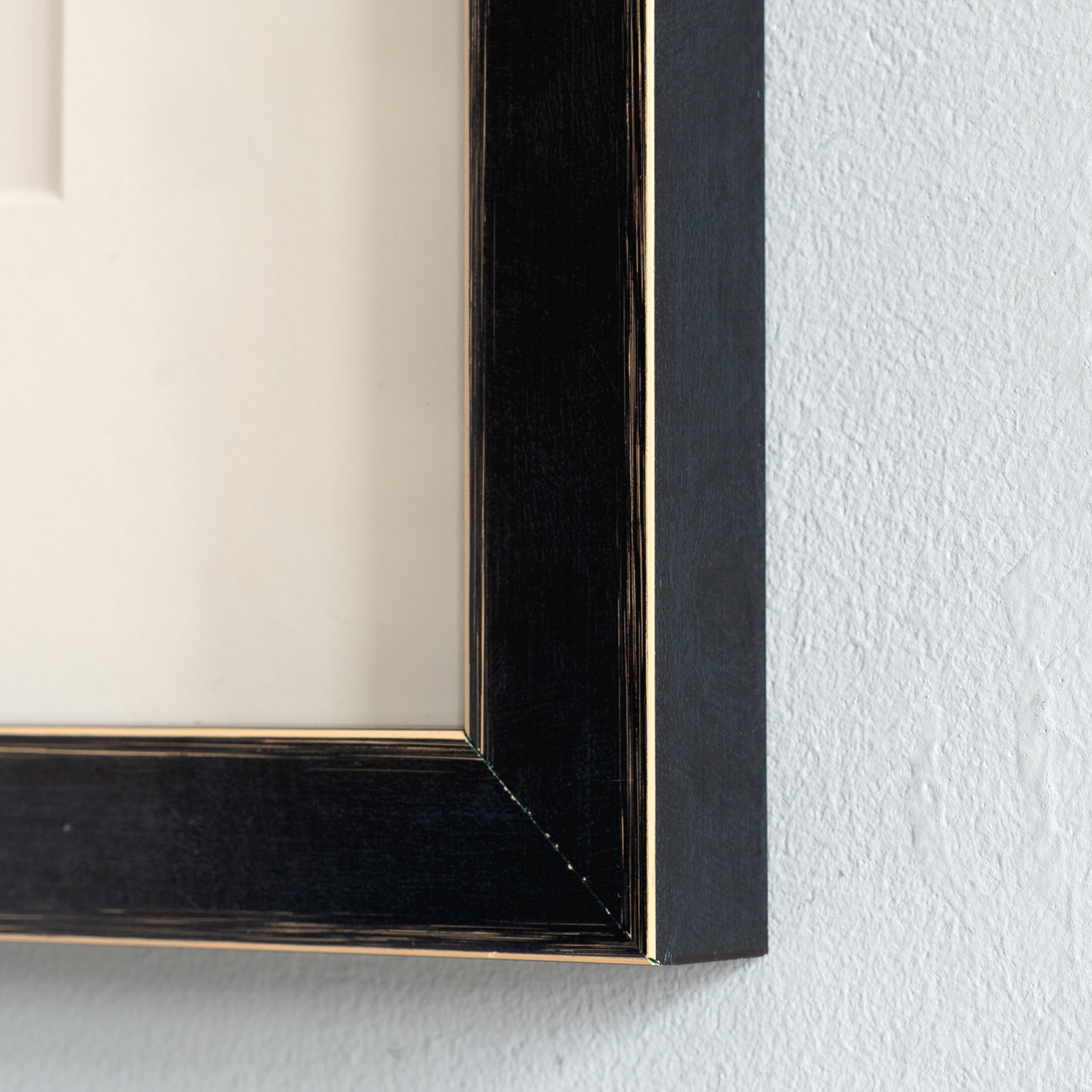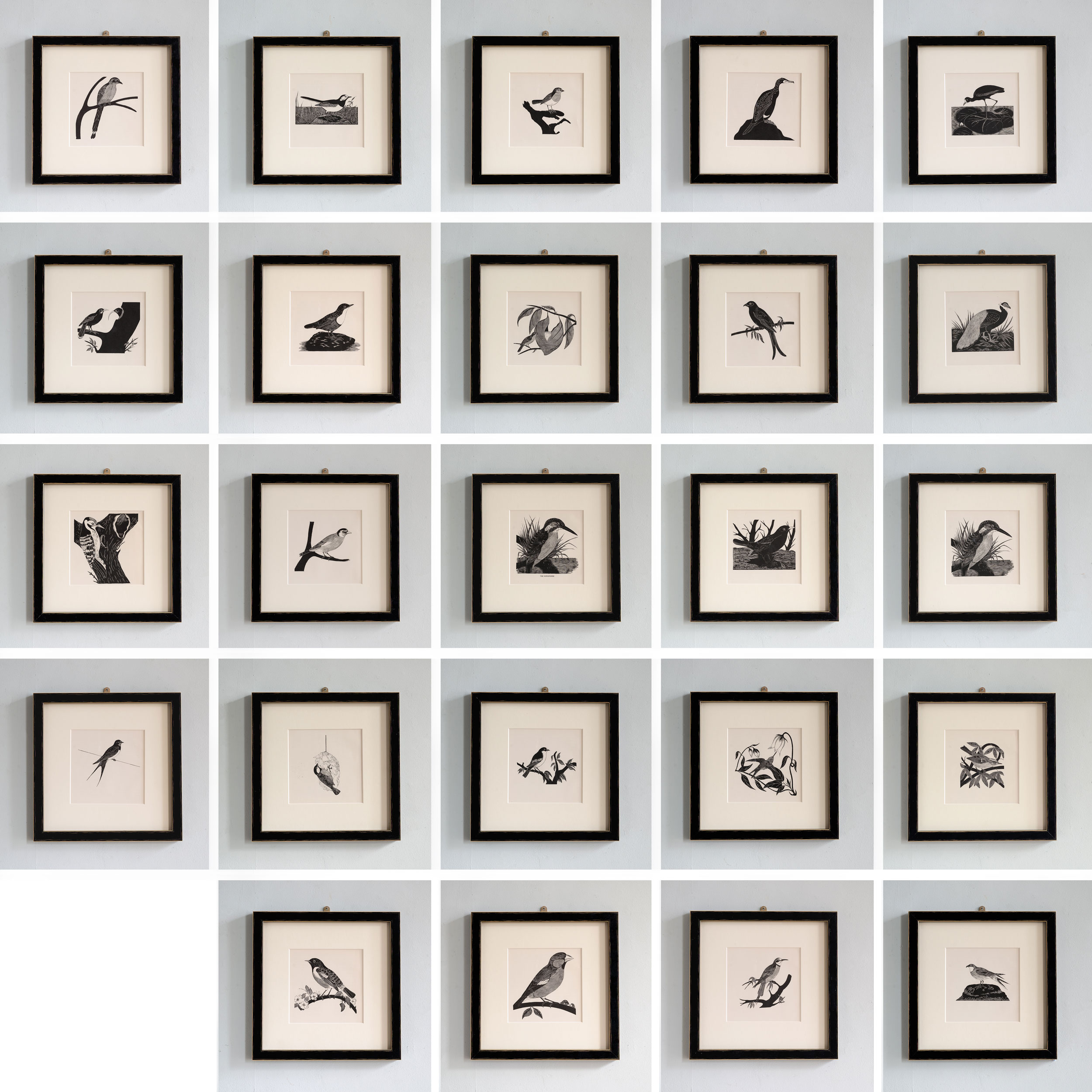Woodcuts by Eric Fitch Dalglish,
Published 1928,
Eric Fitch Dalglish was a wood-engraver, painter, draughtsman, author, illustrator and naturalist. Born in London, he studied at university both in London and Bonn, Germany and after WWI was taught engraving by Paul Nash. He exhibited at the Redfern Gallery, with the Society of Wood Engravers, of which he was a member, and the New English Art Club. Examples of his work are held by the British Museum, V&A Museum, Manchester City Art Gallery, and British Council Collection.
£150 each
In stock
Published by Dent at the Temple Press, Letchworth in Great Britain. Framed




